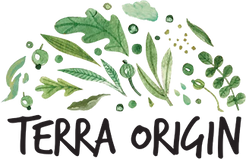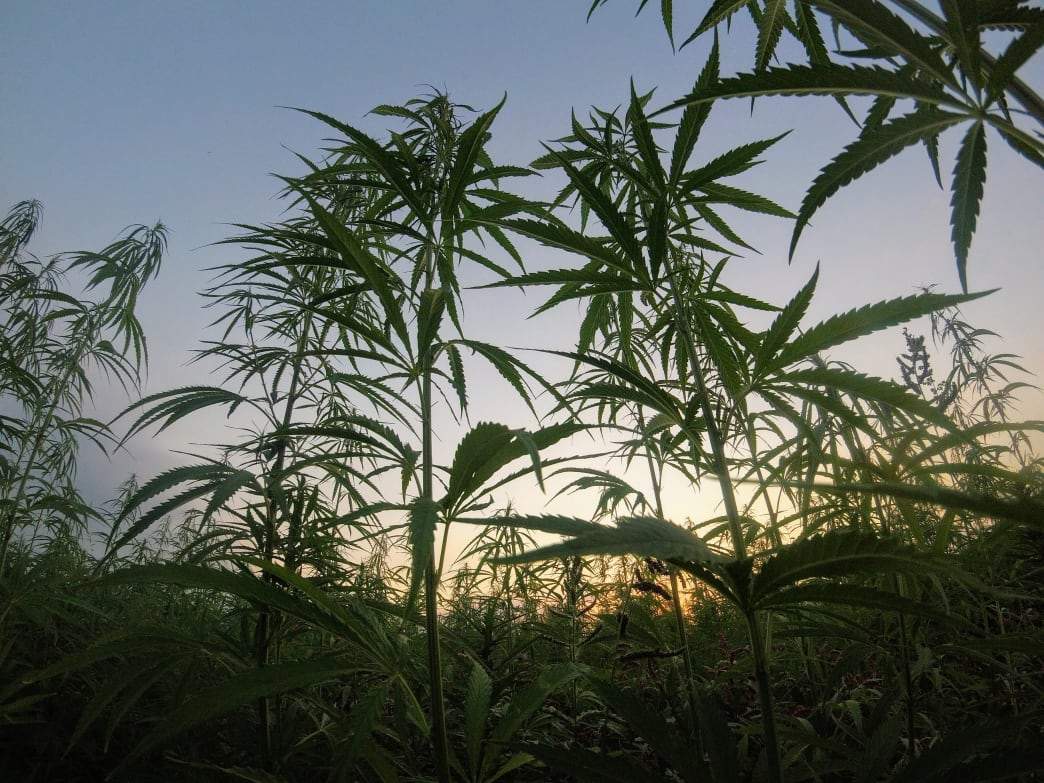Hemp Extract, Hemp Oil and CBD - What's the Difference and Which is Better for You?
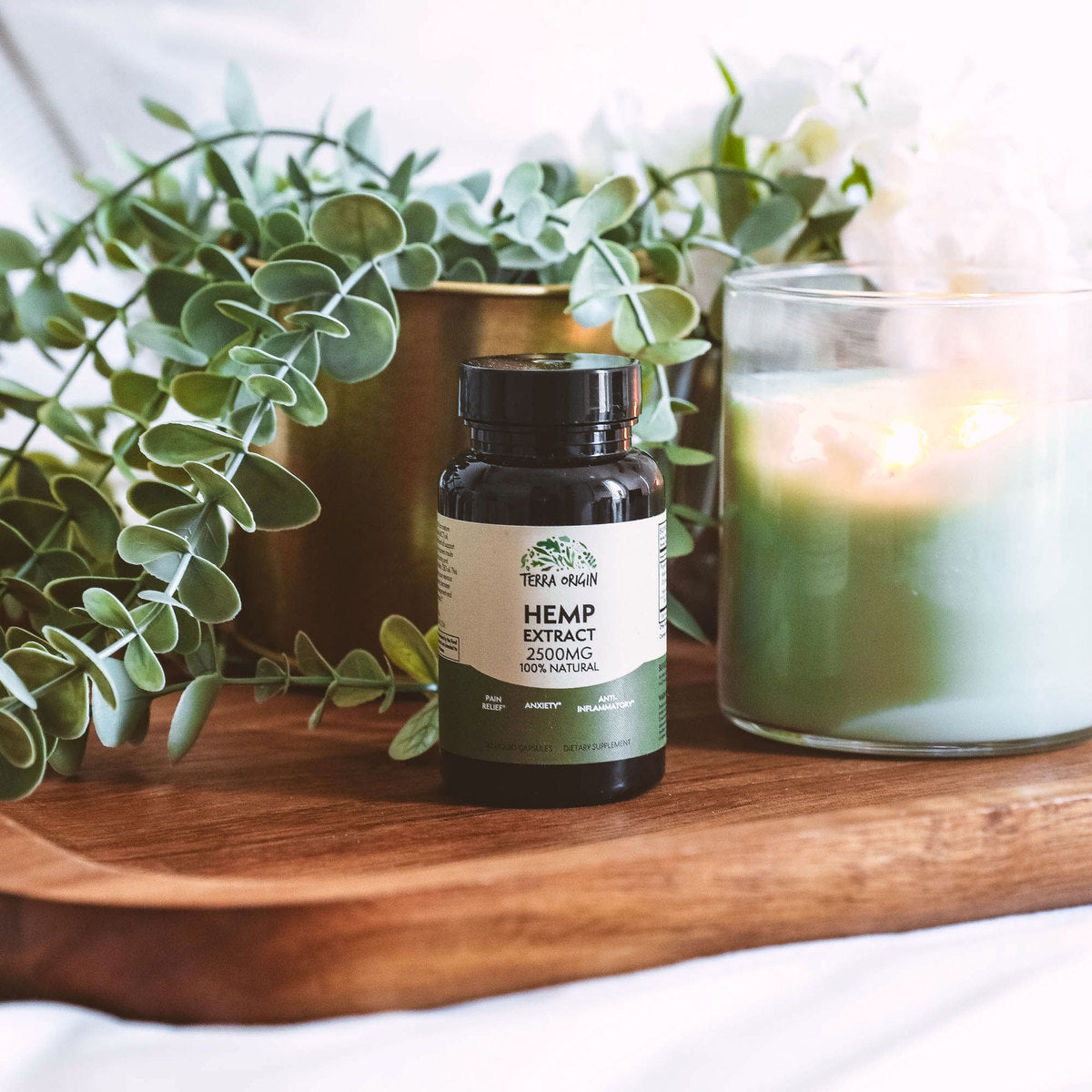
There’s been almost a perfect storm created by the legalization of marijuana in many states alongside the fast rise of hemp-based health products. When you see CBD advertised at the gas station, you know it’s reached the mainstream. But how many people really understand what these products are, let alone how they can improve your health? You may be surprised to learn about the proven health benefits of many hemp-derived supplements—and that they have almost nothing in common with the drug most commonly associated with the cannabis plant.
The heightened interest in these products also comes with confusion, because many brands promote CBD oil, hemp oil and hemp extract and oil as the same thing. But are they the same?
The short answer is: no.
We’re going to break down the difference between pure CBD oil, hemp oil and hemp extract, and help you learn how to choose the product that’s right for you.
Why Cannabis Isn't What You Think It Is
While the term cannabis is popularly used as a synonym for marijuana, it is more accurately the scientific name of flowering plants in the cannabaceae family. Also known as hemp, these plants are native to central Asia and India, and they have been cultivated for thousands of years to make hundreds of different products, including rope, cloth, and medicine. (The first pair of Levi jeans were made from hemp denim.)
Hemp and marijuana aren’t terms from botany. In the United States, they refer to the legal classification of the plant’s level of tetrahydrocannabinol or THC, which is the psychoactive ingredient in cannabis that produces a high when ingested. Plants with less than .3 percent of THC are classified as hemp, as stated in the Agriculture Act of 2018. Plants with higher than .3 percent of THC are regulated as marijuana and impose much stricter legal uses. But after many years of ambiguous federal policy, the Agriculture Act helped clarify the terms of classification, opening the door to what can and can’t be cultivated and sold.
While the THC in marijuana produces a high in users, cannabidiol (better known as CBD) doesn’t have any psychoactive properties. CBD and THC have similar chemical structures, but they produce different effects on the body. THC binds with receptors in the brain to produce the desired high. CBD, however, doesn’t bind the same way. In fact, its weak binds can interfere with THC, meaning that it actually decreases the psychoactive effects of the plant.
The History of CBD and Hemp, and Their Uses
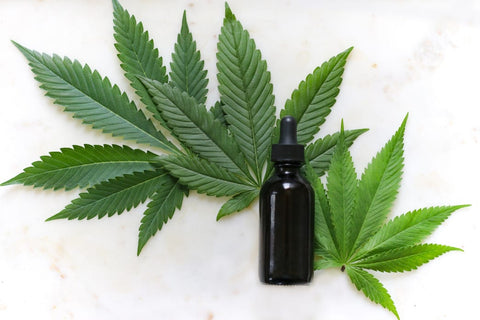
While CBD may be getting most of the attention in today’s news, other hemp-derived medical products have been used for thousands of years. Hemp is one of the 50 fundamental herbs of traditional Chinese medicine. It was used in ancient India, Egypt, and Greece for a wide variety of ailments. In the mid 19th century, it was a common treatment in the U.S. for everything from cholera to snake bites. It was a staple in pharmacies and grocery stores, but by the early 20th century, it had largely been replaced by drugs derived from opiates.
The rise of recreational use led to fears about abuse, and by the 1930s, every state had outlawed it. The federal Marijuana Tax Act of 1937 was designed to curb all non-medical uses of the plant, but it had the unintended consequence of inhibiting any medical applications as well. For the most part, hemp was ignored as a medical treatment over the next several decades.
But as marijuana grew in popularity as an illegal drug in the 1960s, researchers began to re-examine hemp as a possible medical alternative. Cancer patients who used it reported relief from the pain of chemotherapy, and others using the drug found side effects that were beneficial as well. Research was hampered, however, by the Controlled Substance Act of 1970, which banned the use of cannabis in any form, even for medical purposes.
